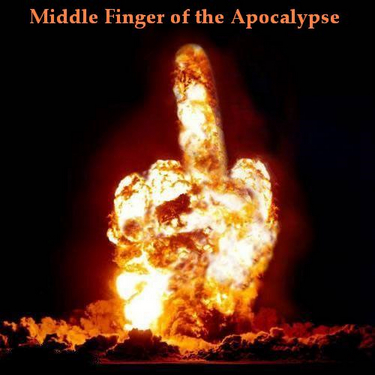 There is an increasing level of concern among the educated class that the national debate over pornography has been moved to the back burner, and even worse, that it has been shelved by many who believe the battle is either not worth fighting or one that has already been lost.
There is an increasing level of concern among the educated class that the national debate over pornography has been moved to the back burner, and even worse, that it has been shelved by many who believe the battle is either not worth fighting or one that has already been lost.
That manner in which that chagrin is expressed differs greatly, but one of the easiest ways to make the point is to associate the popularity of pornography with addictive substances such as tobacco, hard drugs or religion. Wait, scratch that last one. How did that get in there?
Mary Eberstadt of the Hoover Institute is riding the tobacco allusion for everything it’s worth in a feature titled Is Pornography the New Tobacco, with the not so ambiguous sub-title, Another curious reversal in moralizing.
Eberstadt’s basic premise is that tobacco and pornography share similar social stigmas that have become reduced or infused within a certain general acceptance over time.
“A noisy minority of Americans firmly opposes [their] consumption, and these neo-Puritans try routinely to alert the public to what they claim to be its dangers and risks. Despite this occasional resistance, however, you — like many other people of your time — continue to regard [these substances] with relative equanimity. You may or may not consume the thing yourself, but even if you don’t, you can’t much see the point of interfering with anyone else’s doing it. Why bother? After all, that particular genie’s out of the bottle.” she writes.
She goes on to say that while the general stigma associated with smoking has lessened, fewer people than ever now smoke, and the efforts over the past several decades to associate smoking with health issues has worked. Ubiquitous behavior that has a certain stigma attached to it can be addressed and reversed.
“Even people who deplore pornography seem resigned to its exponentially expanded presence in the culture. This is one genie, most people agree, that is out of the bottle for good,” she writes. “But this widely held belief, while understandable, overlooks a critical and perhaps potent fact. The example of tobacco shows that one can indeed take a substance to which many people are powerfully drawn and sharply reduce its consumption via a successful revival of social stigma.”
She may be correct in her conviction that the seeming obssession with pornography can be reversed, but is that in fact what society needs to do, and are tobacco and pornography really so similar? Eberstadt cautions against a rush to judgement on that score, and argues that while porn amd tobacco differ considerably, it has taken years for the real harm posed by cigarettes to become known and the a similar case can be made for pornography.
“As a corollary, the psychologists and other experts on whom Big Porn depends today may yet live to see their efforts reviled by a future public — just as many people who once aided the tobacco industry, whether paid or not, are viewed unfavorably through contemporary eyes. Such a turnaround consensus against internet pornography may seem a long way off in 2009. But then again, so did our own “neo-puritanical” anti-tobacco world to the smokers of 1964“
If anyone in adult believes that the debate over the harm done by pornography has been laid to rest, they need to rethink that assumption very seriously, because in significant ways the debate is onlt just beginning.










No Comment